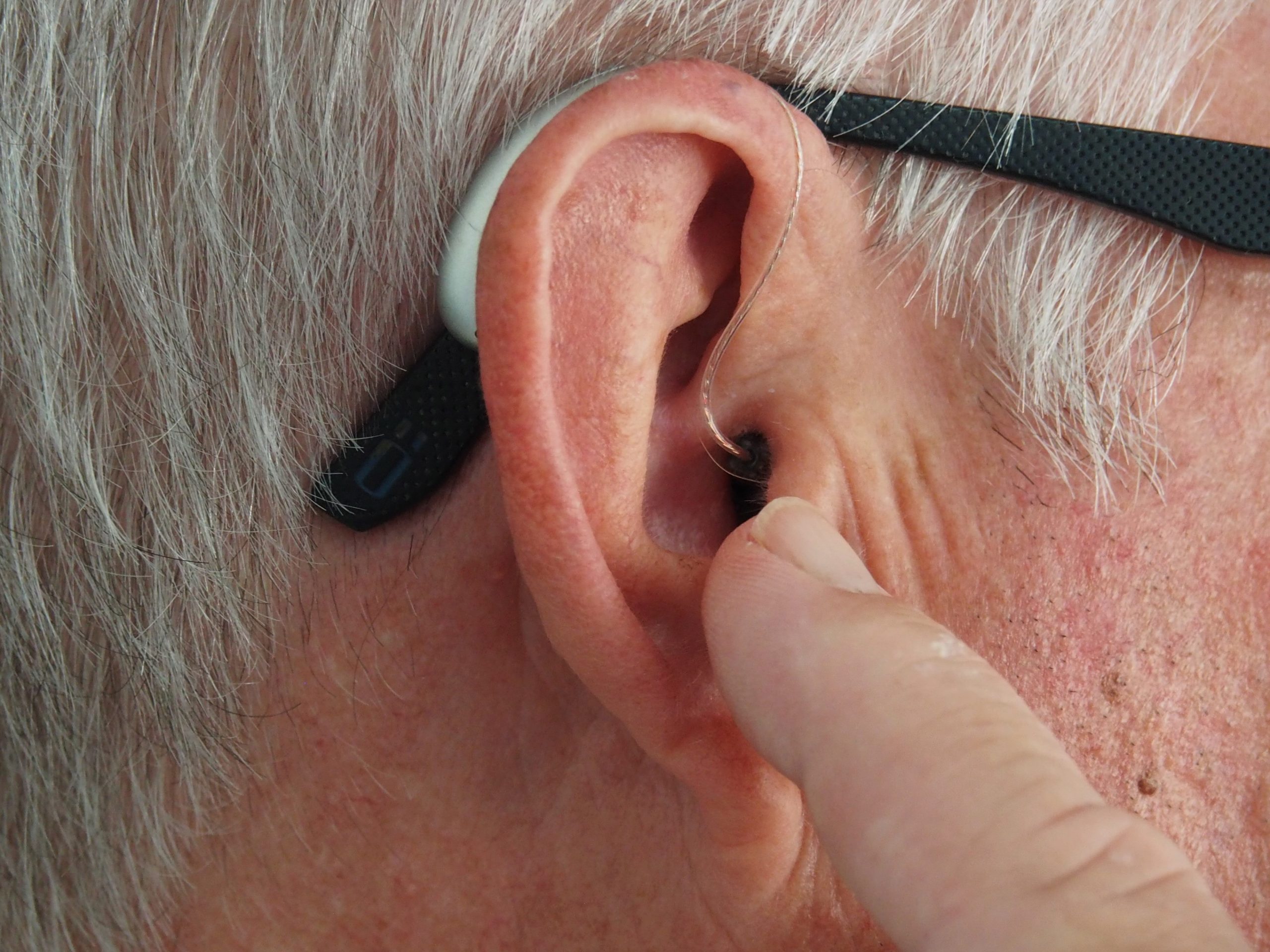Tinnitus May Warn of Increased Risk for Alzheimer’s, Parkinson’s

Tinnitus, a sensation of sound without any source, appears to precede Parkinson’s and Alzheimer’s diseases and may serve as a sign of increased risk for those conditions, according to a recent study.
The study, “Tinnitus and risk of Alzheimer’s and Parkinson’s disease: a retrospective nationwide population-based cohort study,” was published in the journal Nature Scientific Reports.
Rates of tinnitus increase with age and studies have found that hearing loss, as well as central auditory dysfunction more generally, are associated with higher risks of cognitive dysfunction, particularly dementia, control of attention, and working memory.
Past studies, however, have not examined the relationship between tinnitus, Parkinson’s, and Alzheimer’s in a population-based way.
A team of researchers from various Taiwanese institutions recently examined this association using records from Taiwan’s National Health Insurance (NHI) system. The NHI records provide a large and nationally representative patient sample with long follow-up periods, as participation is nationwide and mandatory.
They identified 12,657 tinnitus patients and 25,314 control patients without tinnitus. Over a 10-year follow up period, 398 of those with tinnitus (3.1%) and 501 without (2.0%) developed Alzheimer’s.
A further 211 tinnitus patients (1.7%) and 249 control patients (1.0%) developed Parkinson’s.
After adjusting for confounding factors like diabetes, head injuries, and income, the researchers determined that patients with tinnitus were 1.54 times more likely to develop Alzheimer’s and 1.56 times more likely to develop Parkinson’s.
If these findings can be replicated and validated in future studies, they open new avenues for research into the pathology of both Parkinson’s and Alzheimer’s.
A possible cause-and-effect relationship between tinnitus and either Parkinson’s or Alzheimer’s raises the question of whether preventing and treating tinnitus could prove effective at reducing their incidence.
One possible mechanism, with which to explore such a relationship could be inflammation. Inflammation can trigger tinnitus and is known to contribute to neurodegeneration.
By this reasoning, they suggest that the clinical features of tinnitus may be driven by the underlying processes that contribute to the progression of Alzheimer’s and/or Parkinson’s.
The NHI data used in this study also revealed several other potential independent risk factors for the two disorders. Diabetes and head injuries associated with the occurrence of Alzheimer’s, while head injuries, cerebrovascular disease, and osteoarthritis were linked to Parkinson’s.
“Our nationwide population-based retrospective cohort study implied that tinnitus patients had higher risk for developing [Alzheimer’s] and [Parkinson’s],” the researchers wrote.
“Diabetes mellitus, and head injury increased the risk of developing [Alzheimer’s]. Also, head injury, cerebrovascular disease, and osteoarthritis raised the risk of subsequent [Parkinson’s]. This information is critical for clinicians to develop preventive and diagnostic strategies for assessment,” they wrote in conclusion.





